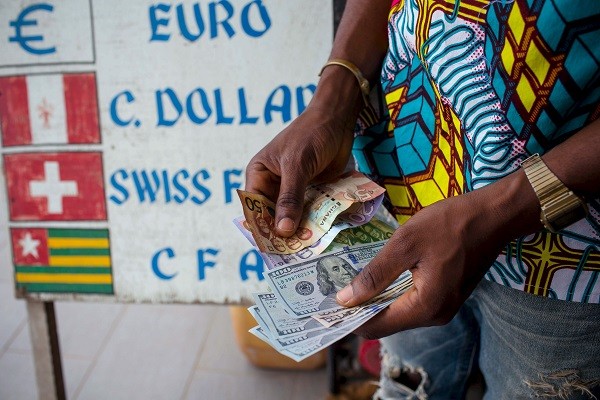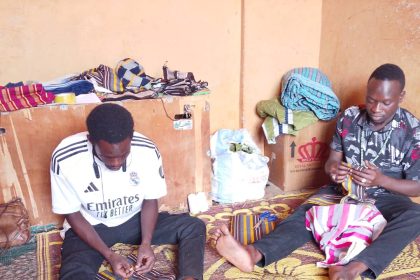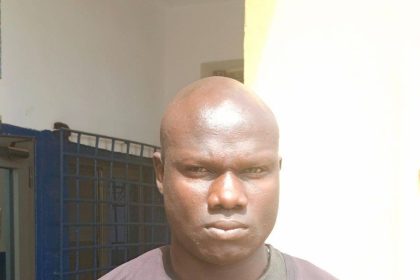Calls are growing for the government to reconsider its approach to informal businesses such as black-market currency dealers and commercial motorbike operators.
Experts are therefore advocating regulation over criminalisation as a means to unlock economic potential.
Mr Kofi Yeboah, a Communication Lecturer at Wisconsin International University College and former General Secretary of the Ghana Journalists Association (GJA), has called for the regulation of black-market operators, popularly known as “Abochi”.
Speaking in an interview with the Ghana News Agency, Mr Yeboah argued that while some individuals hoard foreign currency without consequence, black-market dealers at least make foreign exchange accessible to the public.
“I don’t think we need to do away with the Abochi people, but rather regulate their operations,” he said. “Even though you may not get it at the bank rate, you are comfortable within the circumstances you find yourself.”
He explained that regulation would allow authorities to monitor operations more closely, citing examples such as the Precious Minerals Marketing Company (PMMC) and the Bank of Ghana’s GOLDBOD initiative, which purchase gold from licensed small-scale miners.
“If we regulate their enterprise, it creates an opportunity to ensure they do what is right. That’s why we can’t do away with them,” he added.
Recounting a personal experience, the former GJA executive recalled being unable to convert local currency back into dollars during a trip to Ethiopia, leaving him stranded.
“If there had been an Abochi at that moment, I would have found my way out,” he remarked.
Mr Yeboah also called for the regulation of (motorcycle taxi) Okada operations.
According to him, placing riders under one umbrella would enhance safety and open the door for taxation.
“Since we can’t do away with them, let’s regulate them. Otherwise, they will remain in the system and cause more harm. But when regulated and organized into unions, they will do the right thing,” he said.
Mr Fidel Tetteh, a Communication Analyst and Lecturer at the School of Communication at Wisconsin International University College, urged the government to re-examine which activities are criminalised.
He noted that some informal practices, when decriminalised and properly regulated, could help widen the tax net.
“If there is a regulator monitoring their actions and inactions, then they can be taxed. But if monitoring is weak, there will be leakages, and the challenges we want to resolve will persist,” he warned.
Both experts emphasised that Ghana must adopt a pragmatic approach toward informal businesses.
They argued that instead of treating them purely as illegal, regulation could transform them into structured, revenue-generating sectors that support the national economy.
GNA






